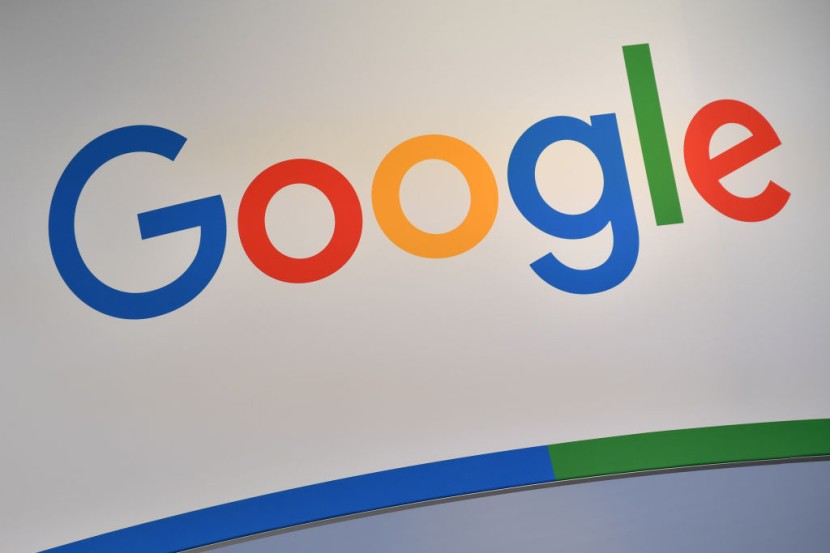
Google is moving forward with making passkeys the default option instead of passwords, touting that it is a much more secure technology as it is a unique form of password that is stored locally.
The passkeys are protected behind a layer of authentication, which can include a person's fingerprint or face scan, or simply an on-screen pattern or PIN. Additionally, the tech giant says that passkeys are faster, linked across platforms, and save people the hassle of remembering passwords for websites or services that they are subscribed to.
Google Switches to Passkeys Over Passwords
Furthermore, there is a smaller scope for human error, and the risks of two-factor authentication code interception are also brought down. Passkeys were developed in collaboration with Microsoft and Apple and Google is now taking additional steps to make them mainstream by making them the default log-in option.
Despite the efforts, people will not be forced to replace their usual log-in methods, but they will be nudged the next time their Google account is used for a sign-in request to enable passkeys if they have not yet done so in the past, as per Digital Trends.
The new technology employs what is called a digital handshake, which involves the creation of a pair of passwords that use cryptographic methods. One of these is stored with the app or web service and the other remains with the user, which is then protected by an on-device password or biometric authentication.
The process does not involve a two-factor code and all the user has to do is tap on a prompt on their device to allow the identity verification. A previous security expert with the Federal Bureau of Investigation (FBI), Trevor Hilligoss, currently handles security research at SpyCloud. He said that passkeys are by nature quite strong, which is why many security teams prefer this mode of defense.
Additionally, the biggest advantage that passkeys bring is that they are not dumped like the average alphanumeric password in numeric breaches. This has been a long-running problem for multiple reasons because there is an alarmingly high number of digital citizens who reuse the same password, or a predictably modified form of it, across different services.
A More Secure Type of Technology
In a blog post, Google wrote that it found that one of the most immediate benefits of using passkeys instead of passwords is that the former spares people the issue of trying to remember several numbers and special characters that are used in the latter, according to Fortune.
It was in May when the tech giant first started supporting passkeys, but the recent focus on the technology is a pivot that the company says it hopes will make passwords a "rarity, and eventually obsolete."
Many other apps have started using passkeys as alternatives for passwords, including YouTube, Search, Maps, Uber, and eBay. Google's blog also noted that WhatsApp was also adding capability for the use of passkeys on its platform.
A security consortium, the FIDO Alliance, which counts many tech firms as members, previously developed standards for passkeys. Apple had started to roll out its passkey option with the release of its iOS 16 update, allowing users to use the technology across apps, including Apple Wallet, said CNN.
© 2026 HNGN, All rights reserved. Do not reproduce without permission.








